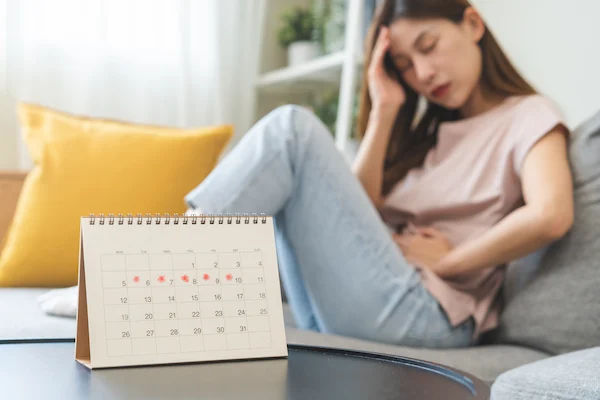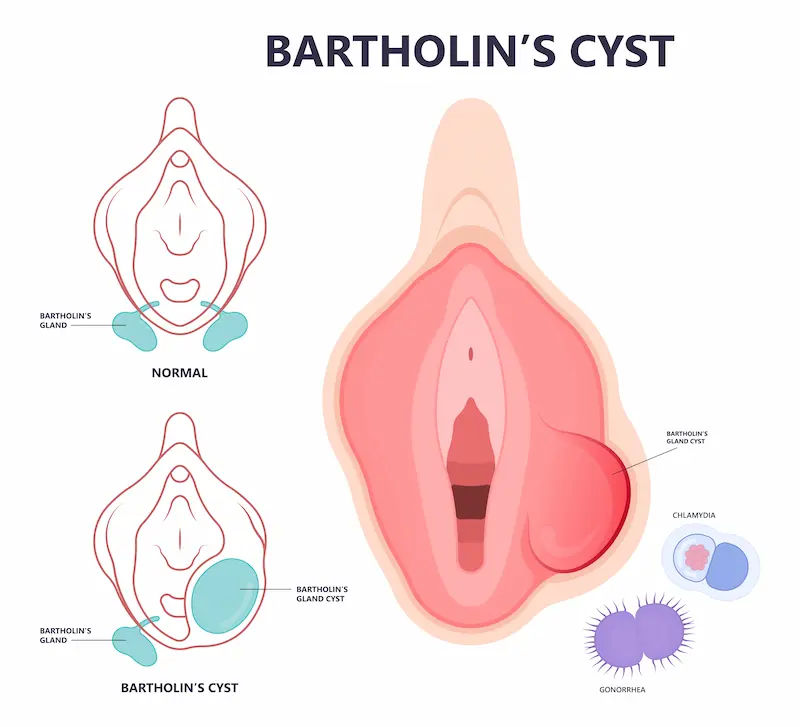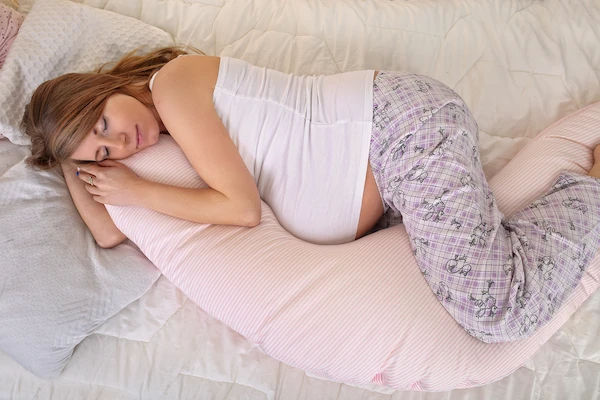- female
- 50 Years
- 01/04/2021
How long does menopause weight gain last?
Answered by 1 Apollo Doctors
Many women gain weight around menopause starting as early as from 40 years of age which can be controlled by healthy eating habits and physical activity. There is no rule which applies commonly for all women in terms of this duration of weight gain but on an average it is 5 years.
Dr. Chandra Suggests...
Consult a Obstetrician and Gynaecologist
Answered 04/07/2025
0
0

More Obstetrics & Gynaecology Health Queries
View allI've been having waist pain and irregular periods, and my ultrasound showed uterine fibroids. Should I be considering surgery for this or are there other options?
Yes, minimally invasive surgery is generally a good option. It usually results in faster recovery, less pain, and minimal scarring. However, final decision depends on imaging findings, symptoms, and your overall health—please consult your gynecologist.
Answered by 1 Apollo Doctors
I have a 4.4cm functional follicular cyst on my left ovary with benign features but my periods have been irregular and frequent happening twice recently Will this cyst resolve on its own or do I need surgery
A functional follicular cyst of this size is likely to resolve on its own. It's common for them to disappear within a few months, and your doctor may recommend a "wait-and-see" approach with a follow-up ultrasound to monitor its size. If the cyst doesn't resolve or if you experience symptoms like pain or pelvic fullness, surgery might be considered. Surgery is also recommended if the cyst is very large or if there's suspicion of a more complex cyst
Answered by 1 Apollo Doctors
Are fibroids in the uterus normal or dangerous?
They are abnormal,they are dangerous if they cause complications like red degeneration and sarcomatous change
Answered by 1 Apollo Doctors
Disclaimer: Answers on Apollo 247 are not intended to replace your doctor advice. Always seek help of a professional doctor in case of an medical emergency or ailment.





